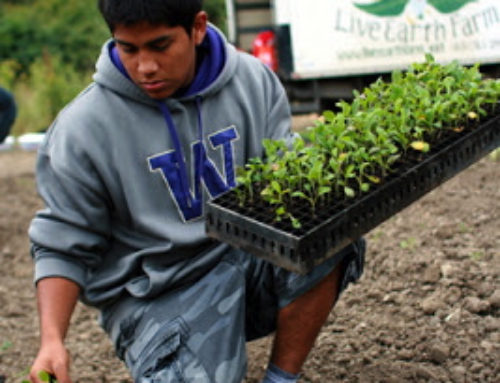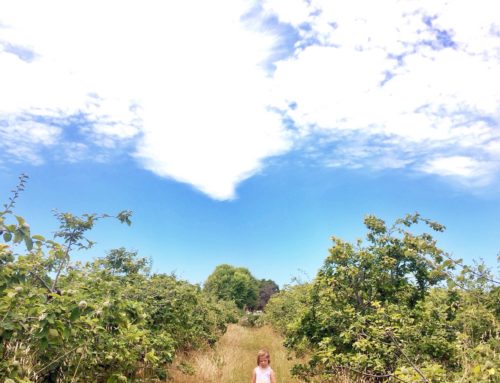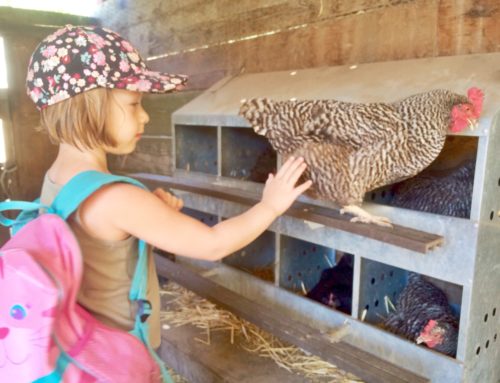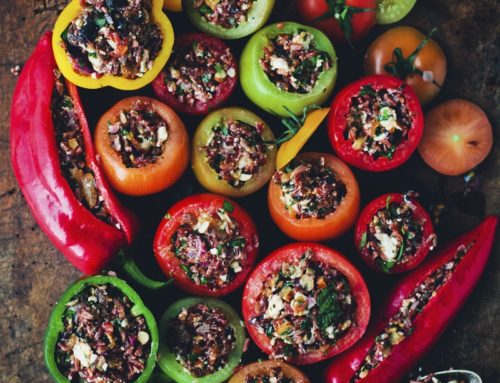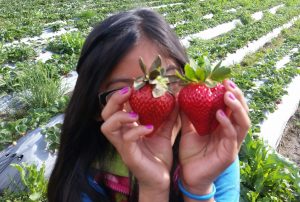 This Spring Field Trip season 12 different schools, over 32 classes and more than 650 students became farmers with us for a day or more. They learned to grow food and what they can do to participate in the food system in a positive way. Specifically they learned to sort their lunch waste and what the compostables can do for plants. They cared for the plants in our fields by top dressing them with finished compost. They learned how our farm animals contribute to the nutrient system the healthy food we grow depends on and they observed the decomposition process at work in our piles. It was one of our best and busiest springs.
This Spring Field Trip season 12 different schools, over 32 classes and more than 650 students became farmers with us for a day or more. They learned to grow food and what they can do to participate in the food system in a positive way. Specifically they learned to sort their lunch waste and what the compostables can do for plants. They cared for the plants in our fields by top dressing them with finished compost. They learned how our farm animals contribute to the nutrient system the healthy food we grow depends on and they observed the decomposition process at work in our piles. It was one of our best and busiest springs.
We received a grant from the Community Foundation of Santa Cruz County to bring 4th and 5th grade students from MacQuiddy to the farm for science based field trips. We developed a new field trip curriculum that reinforces some of the science content the students are learning at school. These students were full of energy and so eager to see all the different parts of the farm it was hard for us to keep up with them. After their full morning diving deep into compost, they were each made a pledge to recycle or compost more or to eat more fresh fruits and vegetables. They went back to school with a better understanding of the affect their choices have on the local food system, their community, and the natural environment.
Starlight Elementary sent four classes of 3rd graders to the farm this spring to learn about where healthy food comes from and how fresh fruits and vegetables can improve their nutrition and physical fitness. Sending students into our organic strawberry field is always one of our favorite activities. Eating sun-warmed strawberries from the field is the best lesson on freshness we know. Several kids in each class always ask if they can take some home to share with their family. Students learn first hand that these berries are sweet and full of vitamin C that improves their immune systems. Starlight students also visited our small herd of goats and our chicken flock. Third graders are learning first hand that some body parts, like feathers, horns, beaks, and hooves are uniquely adapted to improve the animals chance of survival and ability to thrive.
As part of the ongoing relationship with these schools we will be able to bring some of these same students back to the farm in the fall. They will get to taste the apples that they saw growing on the trees this spring. With more exposures to farm fresh fruits and vegetables students will continue to develop habits that will lead to stronger communities and healthier families.


